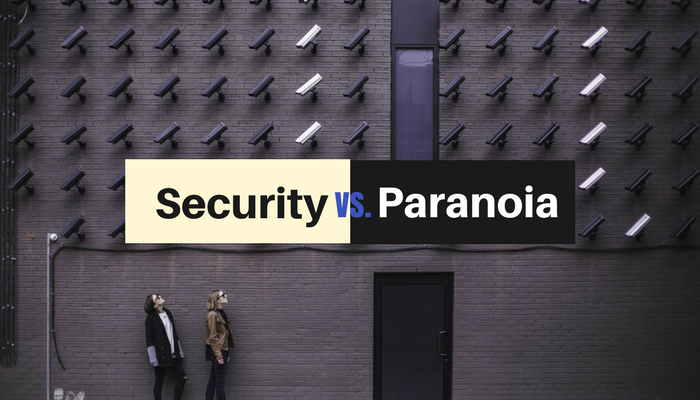How Property Managers Can Effectively Assess Security Risks
Building security. What’s enough, and how much is too much? Those are important questions to answer because security is a serious concern for many and it is important to effectively assess security risks.
The safety of residents, tenants and visitors is a top priority for many building managers and owners. Recent headlines of crazed gunman and acts of terrorism only add to overall concerns. While these remain a possible threat to buildings and their occupants, it’s the everyday threats that property owners must be prepared to address.
Properties that have high concentrations of people who travel in and out of buildings often become prime targets for criminals looking to engage in theft, violence and fraud.
Targets can include multi-tenant office buildings, high-rise buildings, shopping centers, mixed-use facilities, offices, hotels and motels, college campuses, and even busy hospitals.
The need to effectively assess security risks often presents a challenge. Here’s why…
Assess Security Risks
Cookie-cutter approaches to building security does not work because each building is different. Plus, building owners, management companies and tenants all have unique requirements.
There is also a delicate balance to achieve when it comes to building security. Metal detectors and x-ray machines may be appropriate in a court house or airport, but it certainly won’t fly in a residential community.
Knowing what measures to implement and how to monitor and manage security protocols is the key to ensuring a safe environment. Property managers can begin to assess the risks by considering three primary areas of concern.
- Physical systems: This would include a comprehensive evaluation of your building’s perimeter and access control.
- Operations: This is where you take an in-depth look at how systems are being applied to effectively provide security.
- Education and training: Tenants and employees should have a correct understanding of security systems and procedures. On-going training of security personnel is also important for continual improvement in the overall security program.
Property managers should assess their security needs or reassess the building’s current security management program at least once per year.
To help Fireman’s Fund Insurance Co. put together the following basic checklist. While this list is not comprehensive, it does provide a good starting point.
The Property Manager’s Self-Inspection Checklist
To assess security risks regularly inspect a facility for security breaches and trouble zones can help building owners and managers protect tenants and guests. Some “musts” for any routine inspection program include:
- Secure and inventory all keys while individually assigning and inventorying master keys.
- Control access to roof and all mechanical spaces.
- Trim landscaping to maximize visibility and eliminate hiding spaces.
- Maximize nighttime illumination as necessary.
- Inspect all emergency exits at least monthly.
- Inspect all access control systems at least monthly.
- Train personnel to constantly monitor CCTV systems.
- Audit actual security practices in comparison to policies.
- Maintain written records of all security complaints, actions, and resolutions.
- Conduct an annual security risk analysis, including review of area crime statistics.
- Upgrade/update security policies as needed.
Why Property Managers Need Professional Security Site Assessments
Property managers will gain even greater benefit from a formal examination of a facilities overall security program.
A security site assessment takes an in-depth look at all aspects of a security program to identify any weaknesses and find opportunities to reduce costs and make security operations more efficient.
There are many benefits property managers and owners gain from security site assessments. These include:
- Suggestions for implementing the latest security measures and making other improvements
- Getting an independent and objective look from a fresh set of eyes uncovers areas that may be missed otherwise
- Find out what is working well and what areas of the site’s security need improvement
- Uncover ways to lower security related costs
- Discover ways to improve security without increased spending
- Identify critical security problems and weaknesses
- Discover how to correct problems in advance to reduce losses and decrease potential liabilities
- Get a long-term master plan for future security improvements and upgrades
- Helpful in obtaining funding and budgets for capital projects and security operating expenditures
- Act proactively rather than reactively
Today, vigilance is more important than ever. Still balance is needed to provide the right atmosphere. A security site assessment can go a long way addressing these needs while helping to ensure the safety of tenants, residents, guests and staff.
Additional Information
Request a Free Security Site Assessment
15 Steps To Help Property Owners & Managers Remain Vigilant



